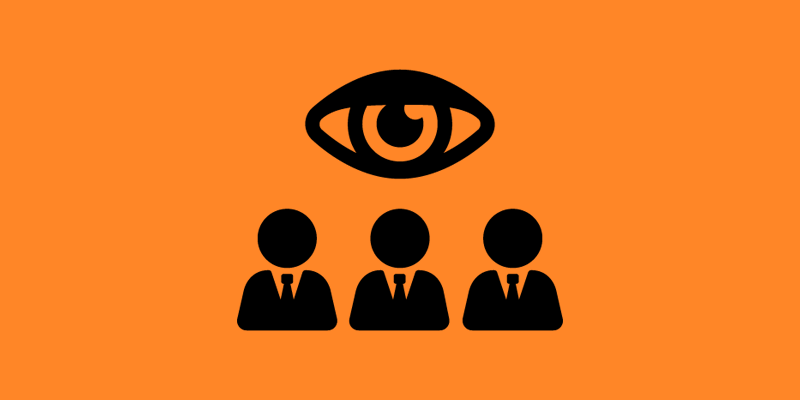Balancing Security and Civil Liberties
The rapid proliferation of artificial intelligence (AI) in surveillance technologies has ignited a complex ethical debate that strikes at the heart of our civil liberties. While AI-driven surveillance promises enhanced security, it also raises significant concerns regarding privacy, autonomy, and the potential for abuse. In this article, we delve into the implications of AI in surveillance and the delicate balance between safety and individual freedoms.
The Rise of AI in Surveillance
AI has revolutionized surveillance, making it more sophisticated and efficient. Facial recognition, predictive analytics, and real-time data processing have become staples of modern surveillance systems. These technologies hold immense potential for law enforcement and security agencies but also pose ethical dilemmas.
Civil Liberties at Risk
- Privacy Invasion: AI-powered surveillance can track individuals’ movements, behaviors, and interactions. The indiscriminate collection of data infringes upon privacy rights and can lead to a surveillance state
- Mass Surveillance: The capability to monitor entire populations in real-time raises concerns about mass surveillance. When algorithms analyze massive datasets, they can detect patterns and predict behaviors, raising questions about the balance between security and privacy
- Biometric Data: The collection and storage of biometric data, such as facial recognition scans, raise concerns about consent, data ownership, and the potential for misuse
- Freedom of Expression: The knowledge of being constantly monitored can have a chilling effect on free speech and political dissent. Individuals may self-censor due to fear of repercussions
Ethical Considerations
- Consent: One of the primary ethical challenges is obtaining informed and voluntary consent from individuals subjected to surveillance. This becomes even more challenging when surveillance is covert or conducted by private entities
- Transparency: Transparency in surveillance practices is essential. Citizens have the right to know when, how, and why they are being surveilled. Transparency helps maintain trust in institutions
- Regulation: Effective regulation is necessary to ensure that AI surveillance adheres to ethical standards. Guidelines must be established to prevent misuse and abuse of these technologies
- Accountability: Holding those who deploy AI surveillance accountable for any abuses or violations is crucial. Oversight mechanisms should be in place to investigate complaints and ensure consequences for wrongdoing
Striking the Right Balance
Balancing AI surveillance for security with the protection of civil liberties is a complex task. It requires a nuanced approach that considers the potential benefits and harms of these technologies. While surveillance can enhance public safety, it should not come at the cost of individual freedoms.
AI in surveillance represents a double-edged sword—a tool that can protect society but also threaten fundamental rights. Striking the right balance between security and civil liberties necessitates robust ethical frameworks, stringent regulation, and an ongoing dialogue among policymakers, technologists, and civil society. Ultimately, the responsible development and use of AI surveillance technologies should aim to enhance security without compromising the democratic values that underpin our societies.
